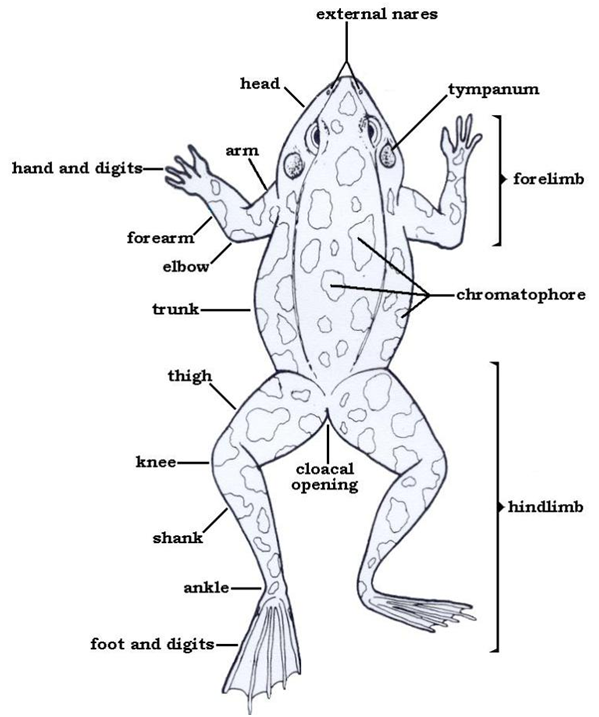
At least nine other states have done the same. She took her case to court, which ultimately led to a state law that requires students be given an alternative to real animals. Instructions Frog Lab Super Lab Instructions Salamander Lab Instructions Piranha Lab Instructions Bat Lab Instructions Dissect-It Synthetic Dissection. But that changed in 1987, when 15-year-old Jenifer Graham of Victorville, Calif., refused to dissect a frog in her biology class. Using dead animals to make these connections used to be the only option for students, whether they liked it or not. "What does this particular organ feel like? How stiff is it? Is it compressible?" "There's something visceral and important about the real thing," says David Evans, executive director of the National Science Teachers Association. Rats, cats, and fetal pigs all give insight into how our own bodies work. In high school the animals get even bigger. First, the class cut open an earthworm, then a chicken wing. "But are we really interested in how frogs' bodies work?" Glotfelty asks the class. Glotfelty's goal is to get them over the squeamish hump. The smell was awful, but it was worth it. The app has been featured in schools that are exploring alternatives to real dissection.Once I opened it, this horrendous smell came out of it.


Vivid 3D images will help students visualize the internal organs very effectively. Once dissection is complete, the frog’s organs are exposed for further study. Students can try dissecting a virtual specimen with all the trappings that come with the real procedure-minus the mess of course! Besides a virtual chloroformed specimen, the app comes with all the dissection tools and detailed instructions to complete the procedure. This iPad app is suitable for middle-school students who are learning about organs and organ systems as part of their life science curriculum. Frog Dissection is a best biology app for high school biology students.įrog Dissection from Punflay, is a greener alternative for teaching dissection in the classroom. Students drive a scalpel or scissors with their fingertips, 'lift' tissues or organs out of the way, and spin organs around while the narrator explains what they are seeing on the screen. Works on iPads, desktops, laptops, netbooks and interactive whiteboardsįrog Dissection gives students an appreciation of the layers of a frog's tissue in a system approach to anatomy and function. Individual 3-D organ views and informationĭissection tools like pins, marker, scissors, scalpel, and forcepsĭetailed labels, information on frog classification, lifecycle, and organ functionsĪnatomical comparison of human and frog organs This is an excellent use of touch-driven educational activity that also happens to be odorless and environmentally sensitive. Frogs have been a long time model of understanding the function, position and relative size of organs, tissues, and systems. Once a student exposes the virtual organs, a simple click brings up a window that features a fully "spinnable" computer-generated image of the organ as well as an informative description.Įveryone is curious what the lies beyond the skin. Users can then follow the step-by-step instructions (with voice-over) that help them insert pins where needed and use a marker, scissors, scalpel and forceps to remove the frog's skin.

Launch the app, and an upside-down frog appears on a blue field. The frog dissection app should help win the day for those out to save the frogs.


 0 kommentar(er)
0 kommentar(er)
